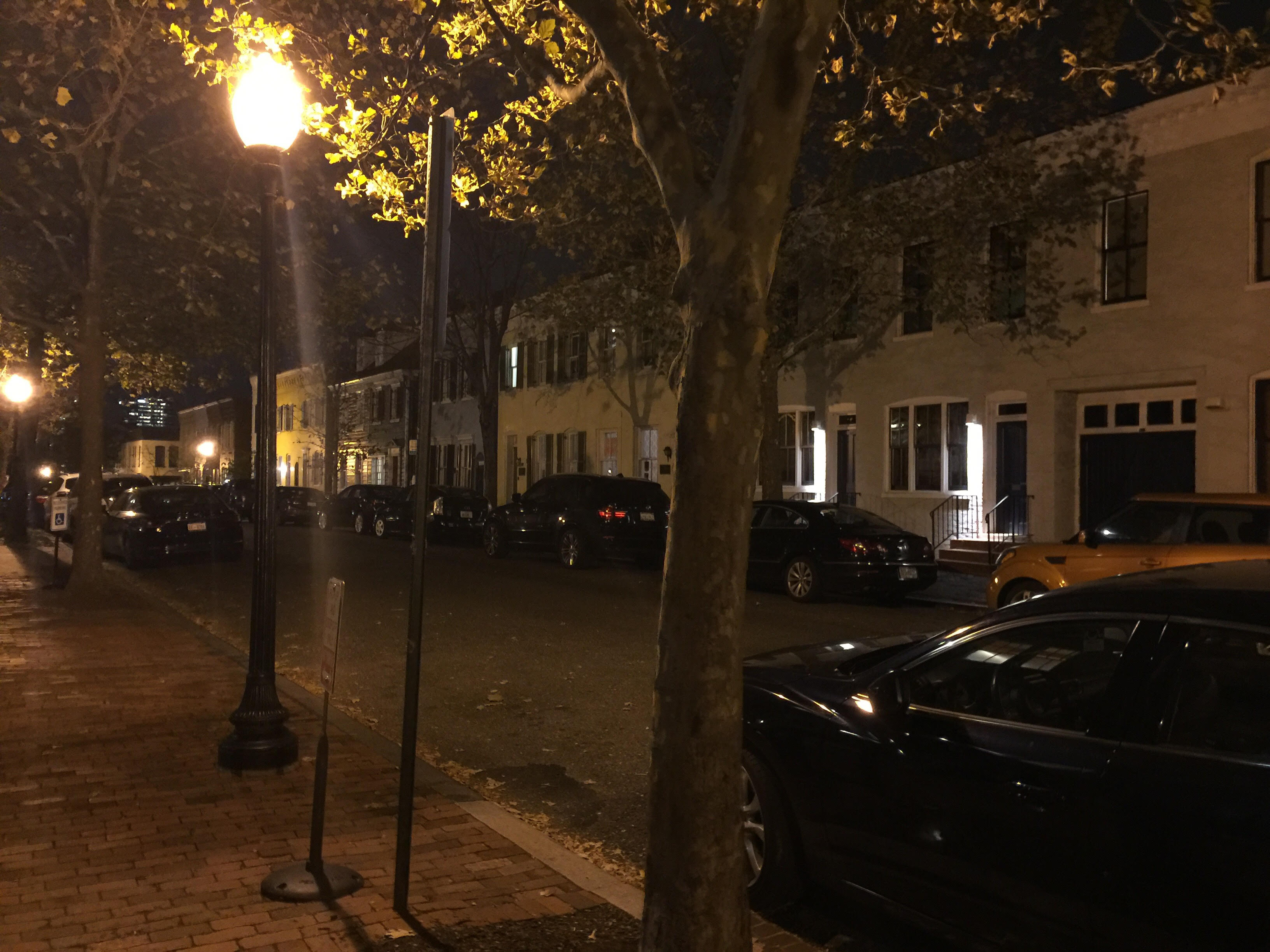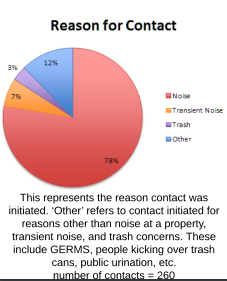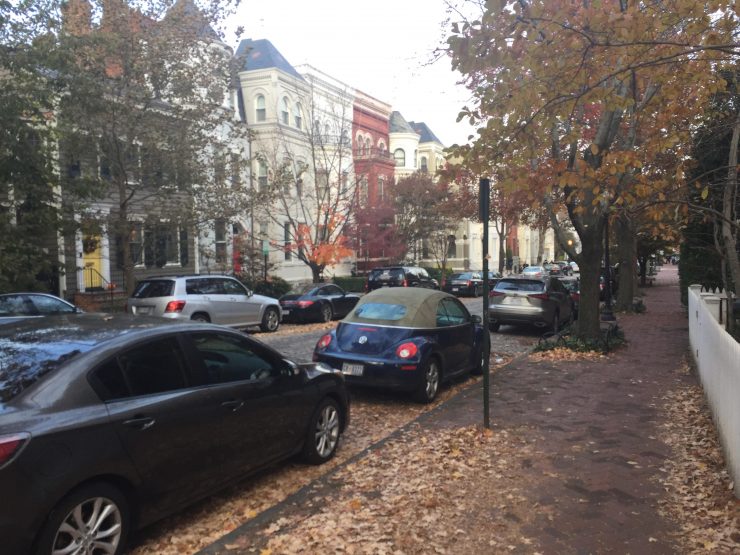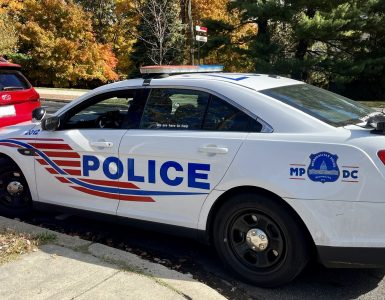In Georgetown, residents aren’t confined to only calling police in emergency situations. They can also call a service that offers both anonymity and less severity than traditional law enforcement. In a neighborhood full of college students, this is both a blessing and a curse.
Students like Inés de Miranda feel that the buffer, at times, comes at a price. She told The Wash she’d be hesitant to hold even a birthday party for fear of getting “SNAP-ed” as its known among students.
“I’m terrified of having something on my student record and having to pay the University, do community service, for something that is completely within my rights as a resident of DC,” de Miranda said.

SNAP, which stands for the Student Neighborhood Assistance Program, fulfills that buffer role between Georgetown students and law enforcement and serves the Georgetown community surrounding the University area. And yet, according to de Miranda, with SNAP comes the loss of communication between neighbors.
SNAP markets itself as a tool for the entire community. As a result, the service gets a a certain level of use for issues that aren’t within the purview of the University. The Office of Neighborhood Life at Georgetown University keeps statistics on SNAP usage, which allows curious visitors the chance to see what’s gone on throughout the year.
The most recent data is from the Fall 2018 semester. The collection uses the term “contacts” to establish when a SNAP patrol gets involved with something in any circumstance. That fall, there were 260 total contacts with SNAP. Of those encounters, about a third didn’t involve a Georgetown University affiliate in either party.
Of those 260, 78% of those calls were about standard noise, and 7% of those calls were about transient noise. Added together, this shows that the main complaints SNAP deals with were noise issues by a wide margin–about 85% total.

The Wash reached out to the Metropolitan Police Department about the Georgetown SNAP program.
“MPD is constantly working in coordination with Georgetown University Police, and partners with the Georgetown University SNAP program to address off-campus housing concerns when/if they arise,” read the official statement obtained by The Wash.
Outside of the University, however, not much is said about SNAP, and even less is negative. Matias Burdman is both a Georgetown student while also being a member of the ANC Commission for 2E. Burdman told The Wash that SNAP was “surprisingly uncontroversial.” He’s heard practically nothing from constituents on the issue.
Burdman says that the number of calls that aren’t related to students are a sign with how well the system is working.
“It goes to show that a lot of people in the neighborhood in the people see SNAP as their first sort of resource when they have a problem, and I’d say it’s a positive thing,” Burdman said.
Jennifer Romm, who’s lived in the neighborhood since she graduated from Georgetown in 1984, echoes these sentiments. Romm told The Wash that SNAP “wasn’t as effective” before the campus plan came about. Now, she says that neighbors like it, and that it was able to deal with smaller issues before they became “big problems.”
Romm, along with Burdman, also said she’d never heard of people abusing the service. Romm was also pleased with what she called a “culture shift” over the past few years.
“Students are really good neighbors, and I think things are safer,” Romm said.















Add comment